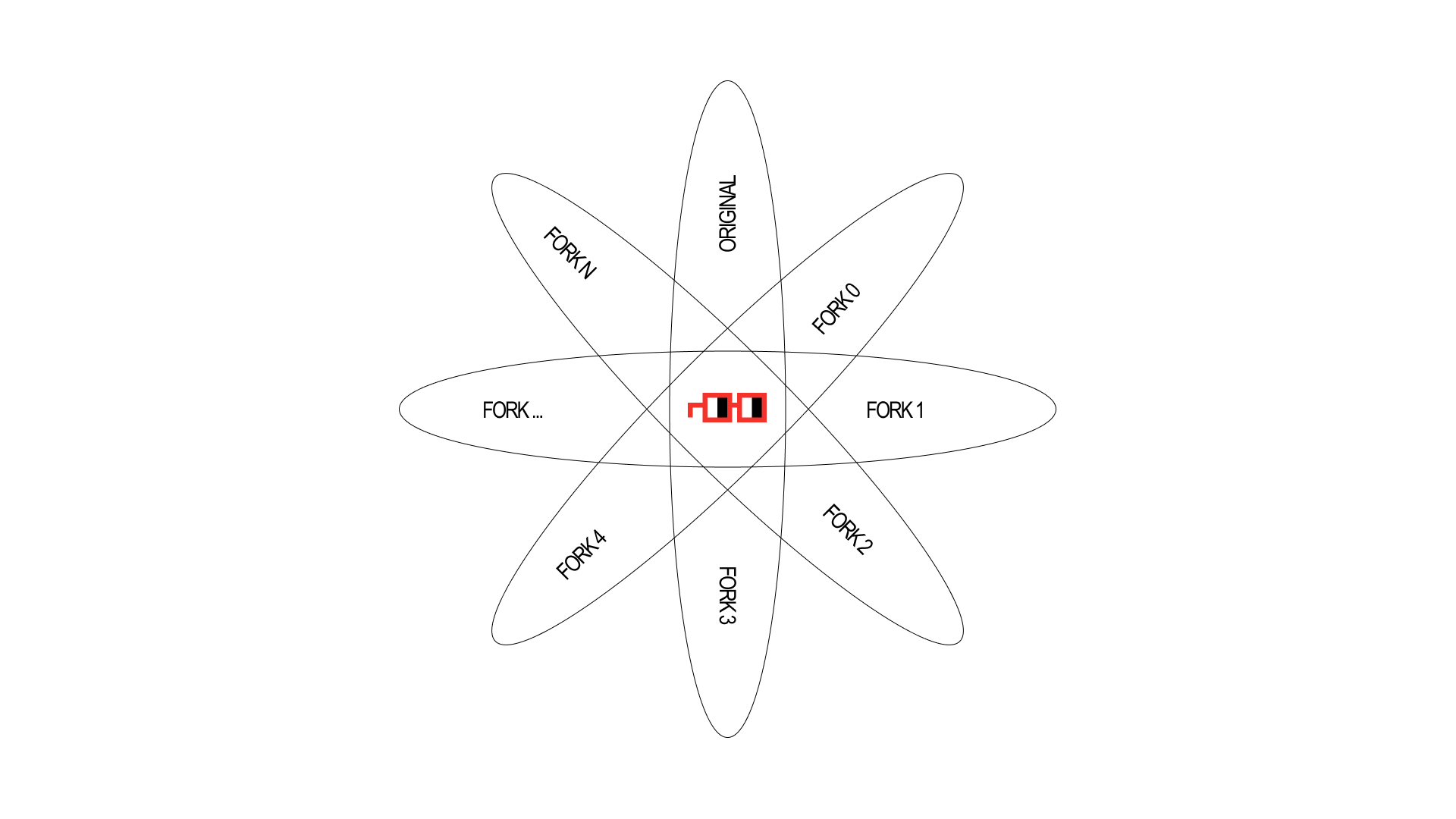 Nouns now has multiple forks competing under the same idea. Collect the original.
Nouns now has multiple forks competing under the same idea. Collect the original.
In 2016 I wrote a short piece on the Ethereum fork mostly to make sense of it for myself. Given the first Nouns fork has just been executed and I happen to be having a quiet Saturday morning I figured I’d write something similar. I remember feeling pretty mad at the Ethereum fork, I’m feeling pretty excited about the Nouns fork.
Forks, also known as Hard Forks, are when you create a complete copy and instance of an existing thing. That fork can have its own new changes and improvements. But in some cases it’s the exact same thing. With an important difference, the people and community who are a part of it are different—usually because of fundamental disagreement. In crypto, forks are much more prevalent because protocols and networks are completely public. Not only are they more prevalent, they are also quite a lot higher stakes than your cryptoless open source repo. This is because they tend to have token ownership and governance of those protocols—so there is tradable value at stake.
Nouns, with over 28,000 ETH at stake, just had its very first fork. Right off the bat, this fork is very different from Ethereum and Ethereum Classic, and really any other fork we’ve seen to date.
It’s very different for a few reasons that I'll outline below.
This fork is by design
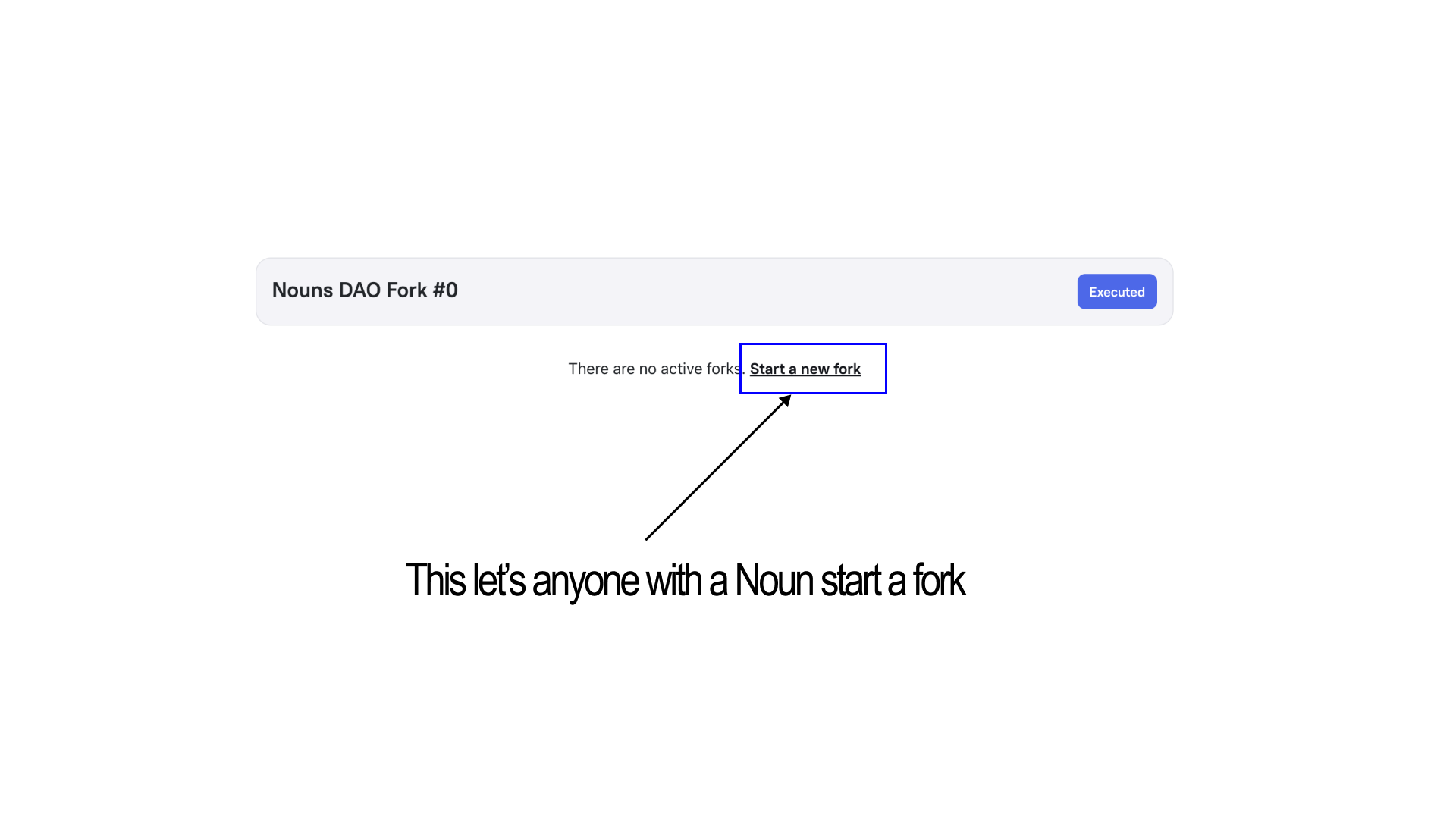
This is the most crucial detail and important thing to understand—this fork was a purpose built feature. And a well designed one too. It came with a simple and intuitive user interface that made it easy for any Noun holder to easily exit and for the community at large to track it all in realtime.
The Ethereum fork was of course by design as a response to a very large hack, but it was not a longstanding network level feature that was built in to easily allow forks again in the future. In the Nouns case, this was by design and is now a part of the protocol.
There’s a standing and operational button that any Nouner can press at any time. That button triggers an elegant and complex series of protocol actions that have been designed and engineered by the Verbs team—who are funded by Nouns to advance the protocol that powers it.
Noun holders were in or out, you couldn’t have both
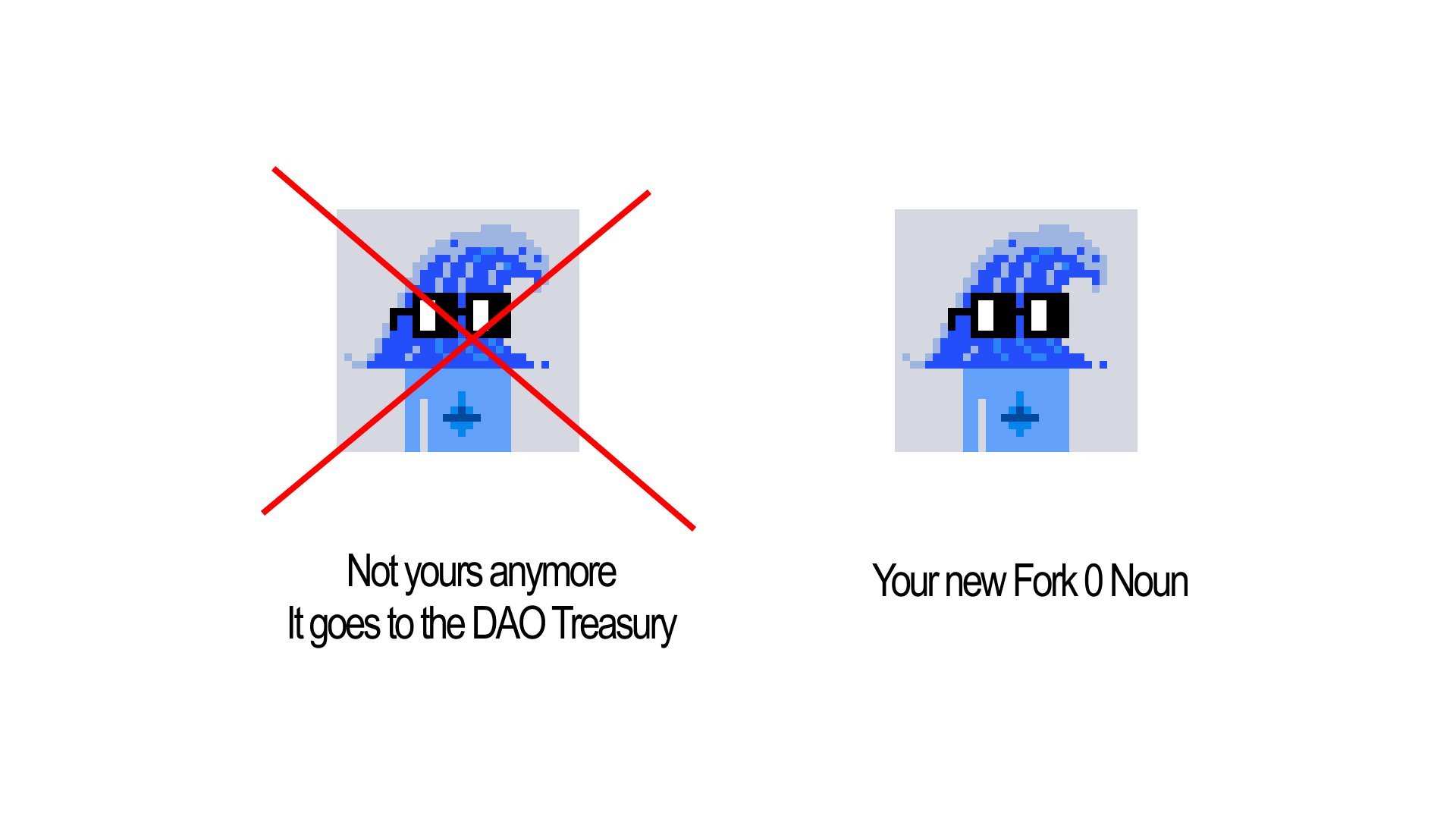
Noun holders had to choose which fork their Nouns were in. Instead of everyone holding a balance of both forks, you had to genuinely choose one to go into. In the Ethereum fork everyone had both ETH and ETC. In Nouns you either held the original or handed in your original Noun for a new forked version. It’s a big choice.
Forkers could take their proportional share of the treasury with them
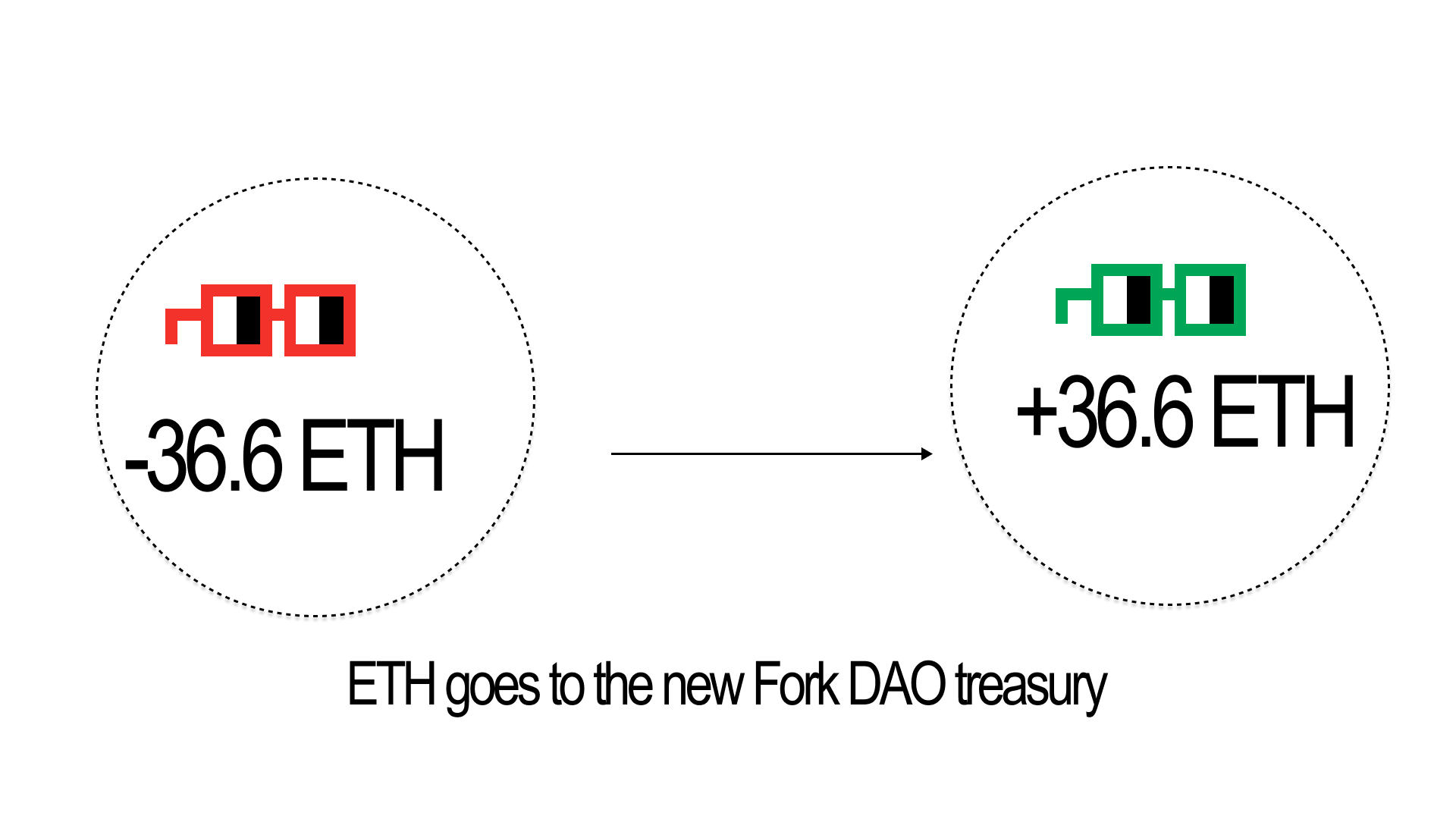
Nouns has a substantial treasury of ~28,000 ETH. Anyone is able to fork the github repo and deploy their own DAO, but doing so doesn’t magically make ETH appear, meaning prior to this Forks had to get new capital if they wanted to organize—which is hard to do. With the built in fork, each forker brought their share of the original Noun to the new Fork 0 Treasury. It was an equitable exit. At the time of the fork, each Noun had approximately 36.6 ETH worth of assets backing them. The Fork DAO had over 14,000 ETH in its treasury as a result.
Forked DAO’s allow for Total Exit
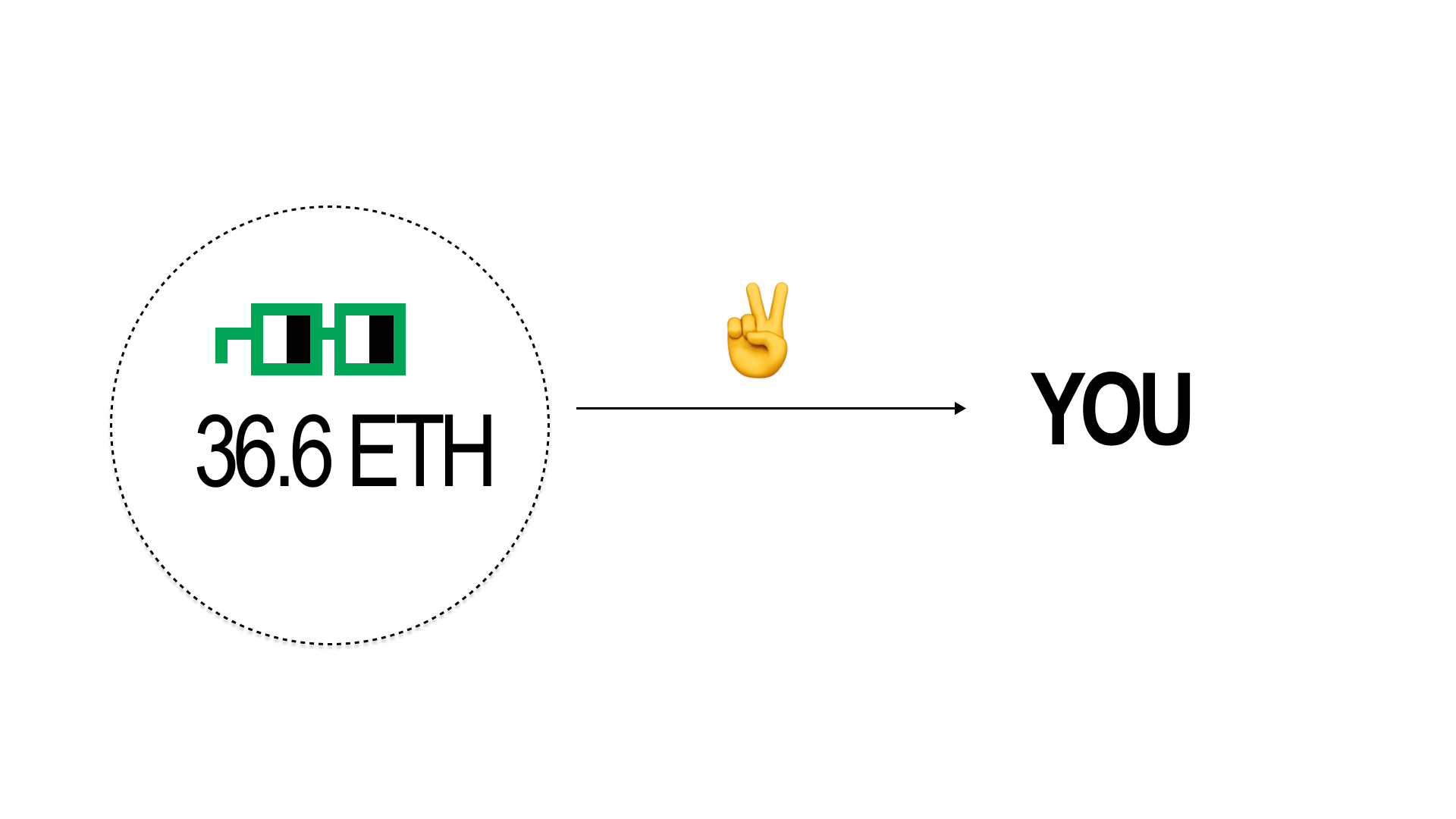
Nouns forks come with the ability to Peace Out (a.k.a. Rage Quit), where you hand in your Forked Noun to the Forked DAO and receive the assets that back the Noun. Which in this case is the ~36.6 ETH worth of assets mentioned earlier.
This gives people the onchain right to exit for those who truly need to or want to.
Both forks have equal ownership of the meme (art)
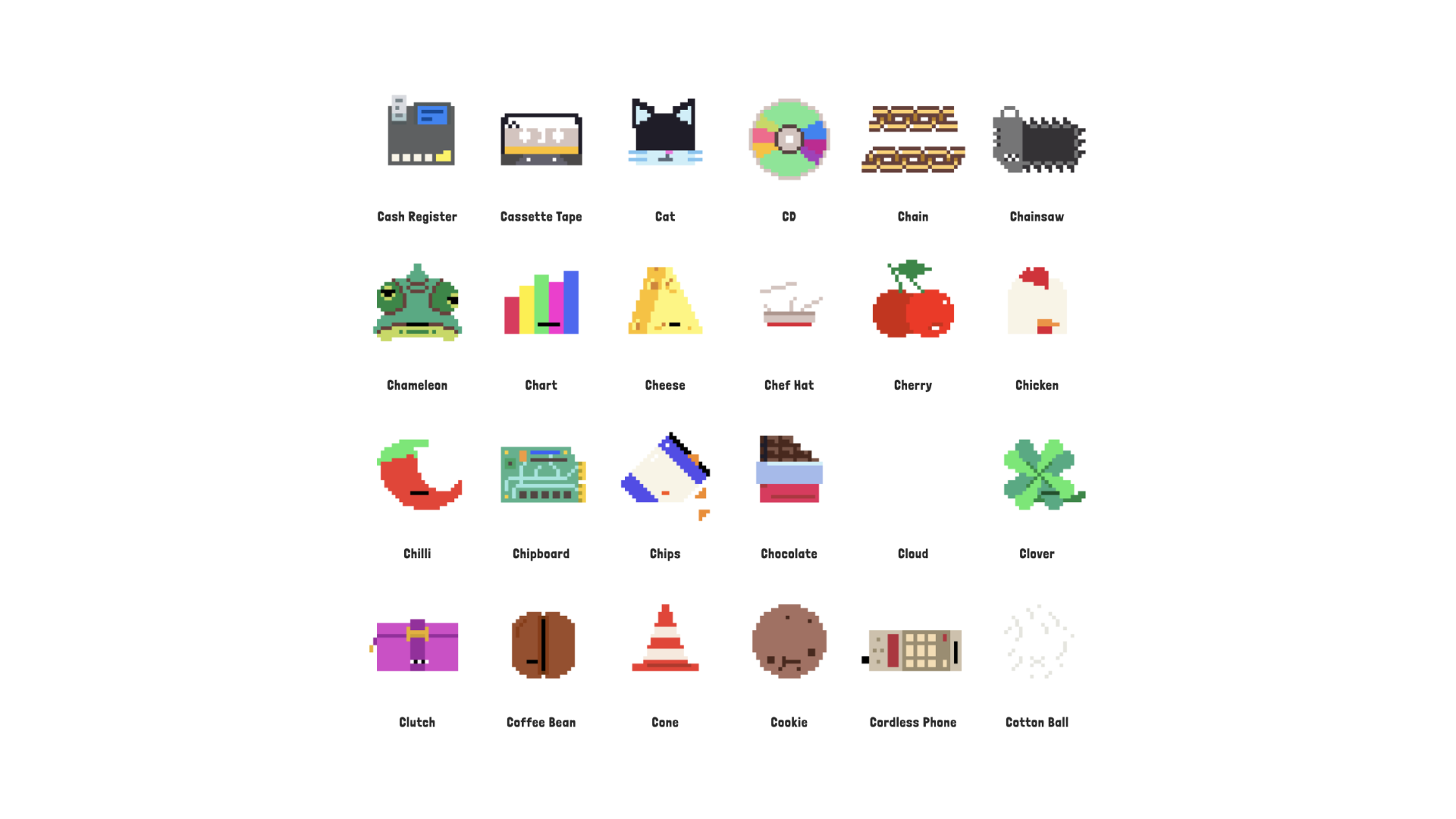
The Nouns art is in the public domain, there is no traditional IP rights or ownership in the offchain world. This means that both DAOs have as much ownership of the meme as each other, which on paper is none.
The original DAO and its Nouns have the provenance of being the original, but the people who forked received the same Noun and token ID in the fork.
The forked DAO has its own complete and fully functional instance of the onchain Nouns art, and things like the onchain name are the same as the original.
Further thoughts
All of the above is novel and has much more depth than I outlined, some of it warranting their own fully featured essays and analysis (of which there are already many). But instead of doing that there are a few disparate and interesting thoughts that come to mind:
Nouns is now a multi-party system, united under one meme
Because the meme (art) is in the public domain, and both DAOs currently have the same art—they are essentially competing (or even cooperating) to both further that meme.
They are likely fiercely competitive, much like how political parties are, but like how political parties at the highest level are working to push their states forward, ultimately these Nouns forks are still working together on the same project.
Meme competition
The Original and Fork DAOs each have their own fully functional onchain art contracts. They are able to added to end iterated on by their corresponding DAOs.
Right now, the only major difference is that they have different blockstamps and membership bases—essentially pure provenance. The images are the same but the tokens are different. What if the images started to diverge?
What would happen if the Fork DAO decided to create a new and desirable glasses color? Or if the Original DAO introduced a new head? This would likely impact future demand for one DAO over the other, all else being equal.
Even more interestingly, what would happen if the forked DAO changed its art entirely?
Protocol competition
Interestingly, the Fork DAOs have a superset of protocol features and slightly different configurations to the Original DAO. Namely:
- No Veto
- No Nounders rewards
- Peace out (a.k.a. Ragequit) built in
To a lot of existing Noun holders these are quite compelling features, and is at the very least part of the reason for the fork happening at all.
Given that Nouns and DAOs are extremely early as a technology, protocol advancement and features will also be a competitive dimension between various forks. The protocol feature set of a given DAO would likely impact the future demand of it over another, all else being equal.
Maybe this is how subDAOs are born
There are already a number of existing subDAOs in the Nouns ecosystems, which are essentially DAOs that are either funded or started to organize and do things in the Nouns Ecosystem. Nouns Builder is a tool that’s purpose built to make this exact behavior as easy as possible.
Forking could be a novel collaborative and friendly option for new subDAOs to start with a specific goal/meme in mind without having to operate via the parent DAO’s governance system and also introducing some additional skin in the game since you need to return your original Nouns to the DAO.
Arbitrageurs
Nouns is one meme, but generally speaking it has two very high level schools of thought: meme value and book value. Without writing an entire essay on this I will grossly oversimplify definitions for both. The meme value crowd wants to spend all capital to maximize proliferation, willing to take a tradeoff of maybe never seeing that treasury ever again. The book value crowd wants to spend all capital to maximize treasury value, and is willing to take the tradeoff of meme value.
As with most things in life, both are actually true and the tension of both seems to lead to some good decisions. It was likely inevitable that these two camps became their own DAOs via forks, but it was a private-equity style cohort of Arbitrageurs that accelerated and forced the issue. Nouns became meme negative (a.k.a. Sold below book value) and arbitrageurs rightly spotted that if they bought enough they could eventually push the DAO to distribute those funds to Nouns holders at a profit.
Ultimately, that is a system-design flaw and markets being markets—arbers are gonna arb. Arguably this same thing still exists in the original DAO and either needs to get meme positive (nouns sell above book value) soon or there could be another arbitrage-forced fork again.
Nouns as a governance standard
The Nouns governance contracts stand on the shoulders of Compound Bravo. With the introduction of forking, Nouns is starting to become a distinct governance system and model in its own right.
What would it mean for other existing DAOs and new DAOs to adopt the governance feature set of Nouns.
Forks are good
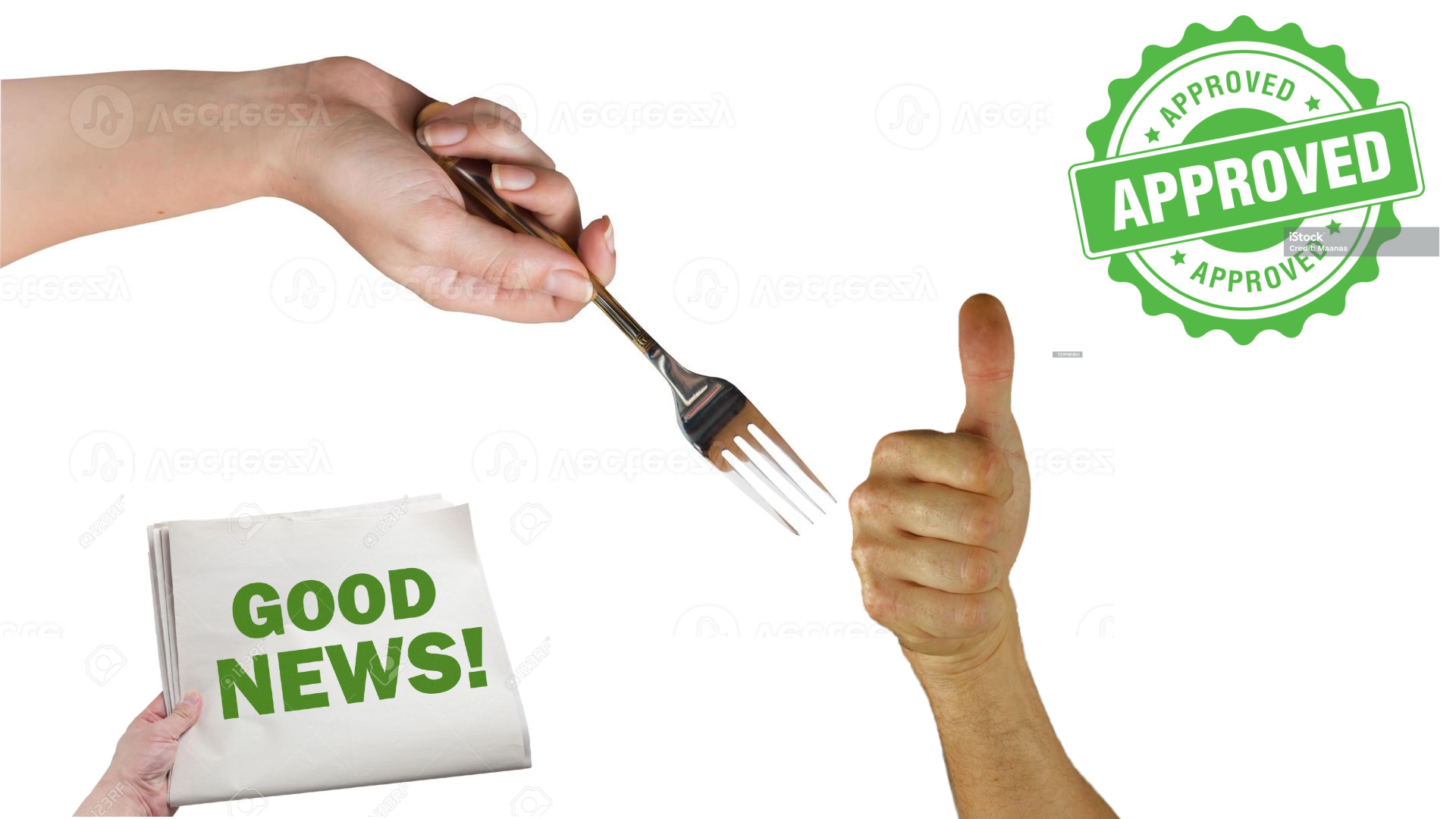
In a public and permissionless environment that is Ethereum, forking is a mechanism that allows for transparent and open competition between competing versions of similar visions. This is a great thing for everyone because it means the speed of evolution is faster and we should see more innovation and progress as a result.
To date, forks have been an implicit part of most governance systems given that anyone can redeploy the same version of the open source code. What Nouns has created has made it an explicit feature of its governance, and made it readily available, equitable and open for any Noun holder to call upon when needed.
This is clearly a breakthrough moment for Nouns and for how we think about DAOs at large and in a year we’ll know a lot more about DAOs as a result. Nouns already have a new level of activation energy, and now internal competition to push itself forward best—something that wouldn’t have been possible without this mechanism. I have no doubt that we’ll see forks get used in more novel ways too, and that this will be looked back on at the very least as a valuable lesson in governance. In the success case it may eventually be a proven standard that’s considered standard in every DAO. As always, exciting times ahead.
More links to learn about the Nouns Fork:
- Introducing Nouns Fork: A Last-Resort Minority Protection Mechanism by Verbs (a.k.a. Elad and David
- Video explainer by Wilson
- Unpacking the Nouns Fork with Noun 40 and Chase Chapman
Other references:
Governance Minimization by Fred Ehrsam is also an important reference and shaped a lot of my thinking on this subject.
Mint